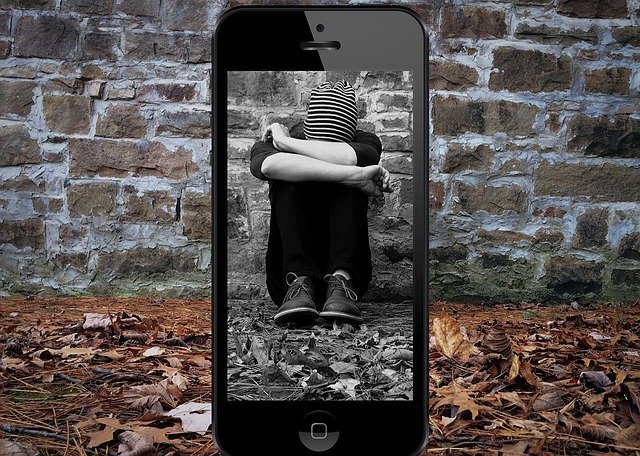Been a victim of a social media attack? Here are some helpful steps to consider.
(Source: Inside Higher Ed)
 Don't worry alone. Social media aggressors want to single you out, isolate you and cut you off from allies. Don’t let them. Reach out to people you trust -- those who will listen, validate, respect and support you.
Don't worry alone. Social media aggressors want to single you out, isolate you and cut you off from allies. Don’t let them. Reach out to people you trust -- those who will listen, validate, respect and support you.
Don't fan the flames. Digital lynch mobs want to feel their power and see you jump. Whatever you say will reward them and feed the attack. They did not target you because they wanted to reason with, understand, or respect you. Their goal is to shame, condemn and terrorize you. They want you to live in fear and silence your voice. Refuse to engage or even acknowledge them.
Create a safety plan. If social media attacks threaten your safety or privacy, ask people you trust to monitor any threats you might have missed, and work with them to develop a plan to keep yourself safe. A safety plan can include:
Try to put yourself in the shoes of an attacker: What areas of vulnerability do you see? A good plan will address those vulnerabilities.
Ask for support from organizations. Digital lynch mobs can try to get you fired from your job, expelled by your college or university, or thrown out of other organizations. Explain to those in your university or other organization what is happening, ask for their help and find out what specific steps they are willing to take to support you.
Take care of your body, mind and spirit. Social media attacks can make it hard to sleep, eat, think clearly, relax or “be yourself.” Find ways to take care of your health. Sometimes just talking about it with a special friend or group of friends will help. Some people find help in prayer, meditation and other spiritual traditions. Others talk with psychologists, psychotherapists, counselors, or other mental health professionals. If you like animals, spending time with pets can be healing. If your housing doesn’t allow pets, consider visiting a dog or cat at a shelter—often these vulnerable creatures are lonely and scared, and spending a little time with them may make you both feel better.
Document, document, document. Keep documents that provide evidence of the digital aggression. Take screenshots of content in the event the situation escalates—perpetrators may later delete their attacks. Evidence of harassment or threats can be crucial when explaining the situation to your university or other employer, contacting the police or other law enforcement agencies, filing a civil lawsuit, or lodging another type of formal complaint. Make a backup copy of your Documents and store it in a safe place. Consider giving a copy to a trusted friend, professor or co-worker.
Speak up for others. Social media bullies count on our shared human tendencies to stay back, avoid trouble and not get involved. If we allow ourselves to do nothing when someone is under attack, we become passive enablers. Ask the targeted person how you can help. We are stronger when we are together.